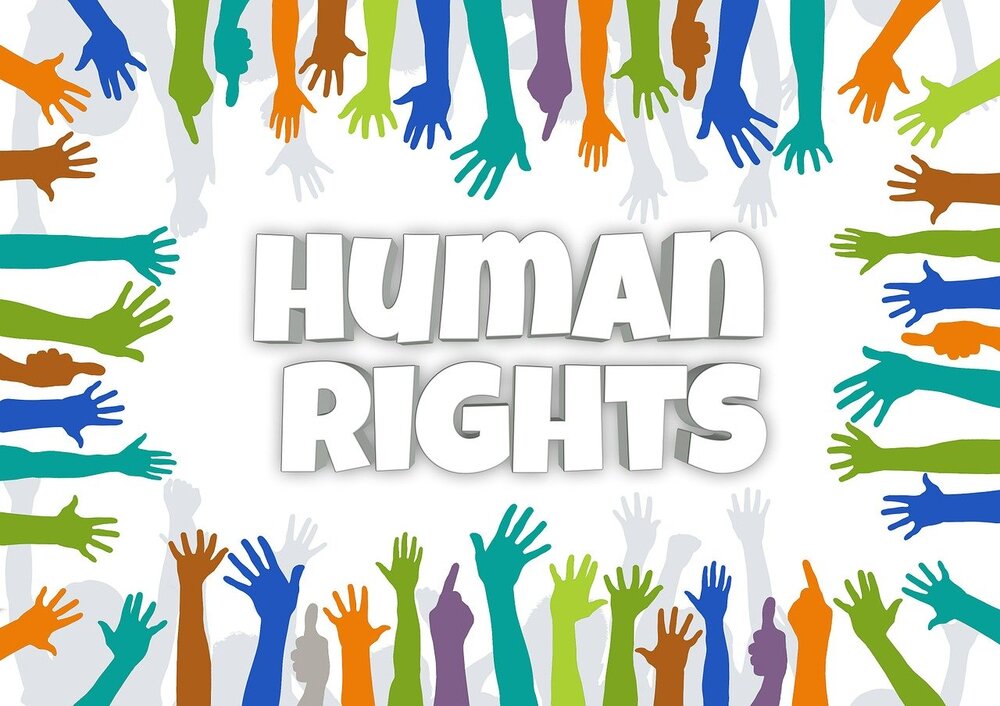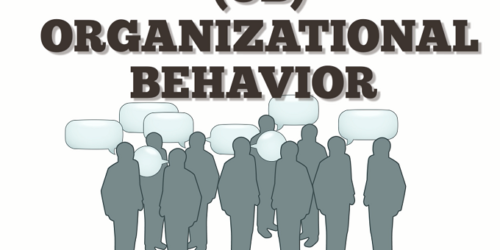Protected Grounds – Ancestry, Colour, Race, Citizenship, Ethnic Origin, Place of Origin

1. Find a relevant piece of Human Rights Legislation [either Canada-Federal or Provincial / Territorial].
For this assignment, I will discuss the Ontario Human Rights Code (OHRC).
2. What are the “protected grounds?
As per the OHRC, the protected grounds are citizenship, race, place of origin, ethnic origin, colour, ancestry, disability, age, creed, sex/pregnancy, family status, marital status, sexual orientation, gender identity, gender expression, receipt of public assistance (in housing) and record of offences (in employment) (Government of Ontario, 2020).
3. Do these protected grounds cover all dimensions of diversity?
Although OHRC has a good coverage, I don’t think it covers “all” dimensions of diversity.
4. What is lacking?
Language: This protects a person to be discriminated against based on language or accent. This ground is unique to Quebec Charter of Rights and Freedoms (Ensemble, 2020), OHRC doesn’t have it.
Association: Association is specifically listed as a protected ground in some provincial codes. It means a person cannot be discriminated against his membership or association with any protected grounds (for example if you are a queer association / group member). OHRC doesn’t have association as a protected ground.
Social condition: A person cannot be discriminated against his income level, occupation, or level of education. Some of provincial or territorial codes have this as a protected ground, Ontario lacks of it.
Record of offences: This is a protected ground under OHRC but it only applies in employment which means it is prohibited only in job settings. This make the nature of right limited, it must be applied in all cases.
Disfigurement: Newfoundland has disfigurement in their Human Rights Act in addition to disability (Newfoundland and Labrador House of Assembly, 2020). OHRC only covers disability.
Religion: Many provincial human rights codes of Canada specifically or explicitly include “religion” as a protected ground. In fact, Ontario is the only code that doesn’t have it, it refers to “creed” only, whereas others have “religion or creed’’, or “religious creed” (Government of Ontario, 2020).
References
Ensemble. (2020). The Quebec Charter of Human Rights and Freedoms. Retrieved on June 10, 2020, from http://www.ensemble-rd.com/en/learn-about-discrimination/the-quebec-charter-of-human-rightsand-freedoms
Government of Ontario. (2020). Human Rights Code. Retrieved on June 10, 2020, from from https://www.ontario.ca/laws/statute/90h19
Newfoundland and Labrador House of Assembly. (2020). Human Rights Act. Retrieved Retrieved on June 10, 2020, from http://assembly.nl.ca/Legislation/sr/statutes/h13-1.htm





